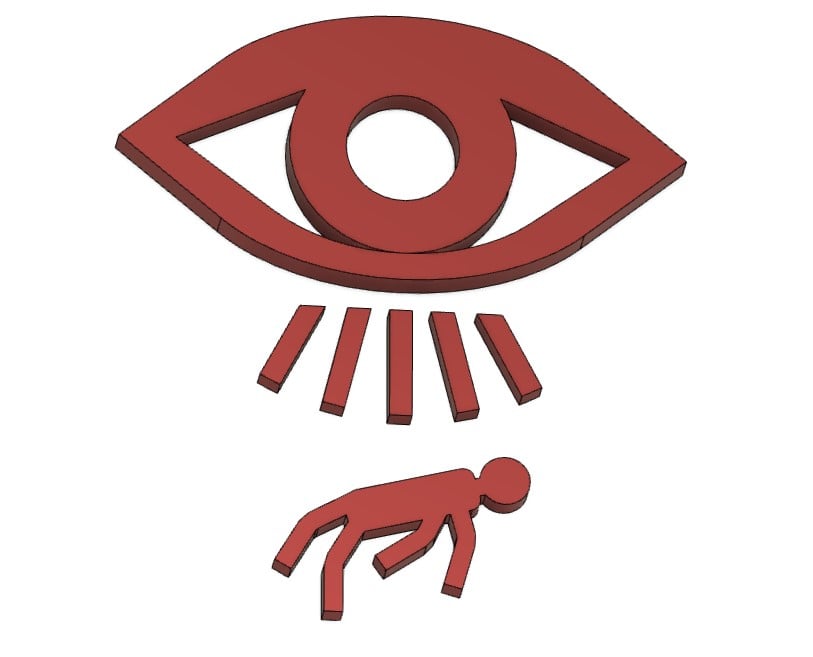I have a 600 day streak on Duolingo in Japanese. So yeah I know English and JavaScript.
Removed by mod
I think they’re just saying they don’t really speak Japanese despite doing Duolingo lessons
- Spanish (native)
- Portuguese (fluent)
- English (fluent)
- Italian (understand 99% but speak very badly)
- Russian (very basic and haven’t trained in years, but enough that I was able to tourist around Russia a decade ago)
I’ve also studied some German but I don’t think it’s at any level worth mentioning. I can also say the phrase “Sorry I don’t speak X, do you speak English?” In:
- German
- Dutch
- French
- Finnish (I can also say the weather is bad/good and obviously Perkele hahah)
Essentially every country that I’ve visited I can at least ask the person if they speak English, I consider it rude to ask that question in English.
It’s complicated. Short version: Portuguese and Italian.
Long version:
- Portuguese - native
- Italian - have been learning it since a kid. It’s by no means native speaker level, but I feel rather confident in the language.
- Venetian - I can speak some but I can’t write stuff in the language without pulling out a dic. My knowledge of the language is rusting and it pains me.
- English - written only.
- German - I can speak and write some. I use it mostly with my cat.
- Latin - Classical pronunciation and rather decent vocab. Can read Caesar unaided without too much trouble, Cicero is another can of worms.
- French - studied it a long, looooong time ago. Completely forgotten.
- Russian, Ukrainian - sometimes I play a bit with both but I don’t speak or write either, I just know Cyrillic. I tend to use Cyrillic a fair bit for my personal notes but it’s always with Italian or Latin, it’s just so people don’t snoop on my notes.
- Spanish - I never studied the language, my pronunciation is awful, but if I wasn’t able to read it I’d seriously question my own basic literacy for Portuguese and Italian.
I love that your cat speaks German. 🇩🇪😸
Yup! And there’s some backstory for that.
Back when we adopted Siegfrieda*, I was studying German; and I decided to speak with her in German for my own sake, it’s good for memorisation. But then I realised that she and Kika (our other cat) would pay attention to me separately depending on the language, so it was unexpectedly useful.
*the name is also obviously related to that, but partially due to the meaning; it’s fitting for a cat that, when adopted, was beaten and starving and pregnant, and now only needs to bother about cardboard boxes and cups of yoghurt. It’s like she got her victory peace (Sieg Frieden).
- Danish
- Swedish
- German
- English
- Japanese
- French
English, Goa’uld and Tamarian
Essell when the gates fell.
Kree!
Tek’matte!
Tak’Matat
FastIron, NOS, PowerCLI, BASH, PowerSHell, esxcli, ComWare, Enterasys/Extreme, enough of MSSQL, Python, C++ to be dangerous
Only English fluently.
I can speak a tiny bit of Spanish. Enough to order food, ask for directions etc.
I can also sort of decipher the meaning of sentences in German, but not fast enough to have a conversation.
English and bad English.
Dutch natively
English fluently
German understandably
Toddler level Korean.
English natively, enough Spanish to make friends, enough French to stay out of trouble, and enough Italian to get into trouble. I also have some transactional German (groceries, tickets, coffee, etc). I’m American.
It would take me a few months of daily practice to prepare and get comfortable with anything but Spanish. I haven’t studied the other languages formally, only independently, for travel.
English (fluent), Esperanto (competent), Spanish (rusty)
Cantonese, English and Mandarin, ordered by confidence.
I sometimes feel special for being a Hongkonger who speaks Cantonese and writes Traditional Chinese, as they are not very common.
I feel that extremely when people think that I’m an American and accuse me of thinking “dollar” is the only currency unit in the world. (Sorry for the rant)
This one.
Same, plus seven more.
English
Spanglish
Some SQL
English (fluent)
Dutch (bad)
French (basics)
Japanese (basics)
Standard German (native)
Lower Austrian German (fluent)
Bavarian German (fluent)
Saxonian German (fluent)
Vienna German (good)
Hamburgian German (OK)
Berlin German (OK)
Northern German (OK)
Swabian German (OK)
Platt German (bad)
Tyrolean German (bad)
Swiss German (worse) - Yes, for me it’s easier to understand Dutch than Swiss German
Are all those Germans really different enough to count separately?
Like, I wouldn’t know how to distinguish my fluency in American English from British English. And that’s not even getting to Canadian, Australian, Irish… the differences are far more cultural than linguistic.
Yes, German dialects can vary greatly for example here’s the same sentence “I have an apple.” in different German dialects:
Standard German:
“Ich habe einen Apfel.”
Northern German / Platt:
“Ik hab en Appel.”
Middle German / Saxonian:
" 'sch’habm Abbl." ( 'sch is pronounced like sh)
Southern German / Bavarian & Austrian:
“I hob an Opfü.” (I is pronounced like the single letter E)
The Southern Germans are the ones with the Schwarzenegger accent.








